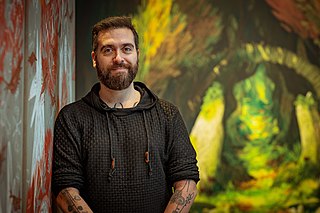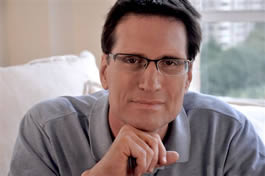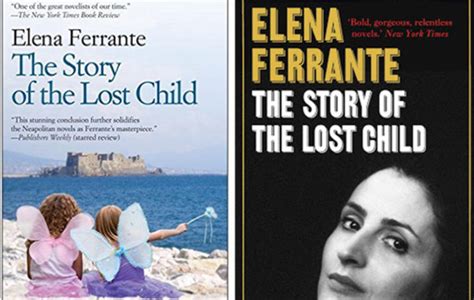A Quote by John Steinbeck
A man who tells secrets or stories must think of who is hearing or reading, for a story has as many versions as it has readers.
Related Quotes
A man who tells secrets or stories must think of who is hearing or reading, for a story has as many versions as it has readers. Everyone takes what he wants or can from it and thus changes it to his measure. Some pick out parts and reject the rest, some strain the story through their mesh of prejudice, some paint it with their own delight. A story must have some points of contact with the reader to make him feel at home in it. Only then can he accept wonders.
Patti Callahan Henry’s THE STORIES WE TELL is a lyrical exploration of love and longing, secrets and suspicion, family and friendship, all told with the author’s trademark insights into the hollows and curves of the heart and mind of a working woman who must balance the demands of motherhood, wifedom, sisterhood, and yes, the deepest cravings for artistic expression. I always love the stories PCH tells!
I had the privilege of hearing incredibly brave women standing up to tell their stories - harrowing stories that reduced many of us listeners to tears. But with each story, the taboo around domestic abuse weakens and the silence that surrounds it is broken, so other sufferers can know that there is hope for them and they are not alone.
I think it's a great thing to hear the author reading. I've listened to CDs of Cheever and Updike reading their stories and Hemingway. To hear what their voices were like is amazing. Whether they're reading well or not, it's great to listen to the intonation and the beat of the guy who wrote the story.

































